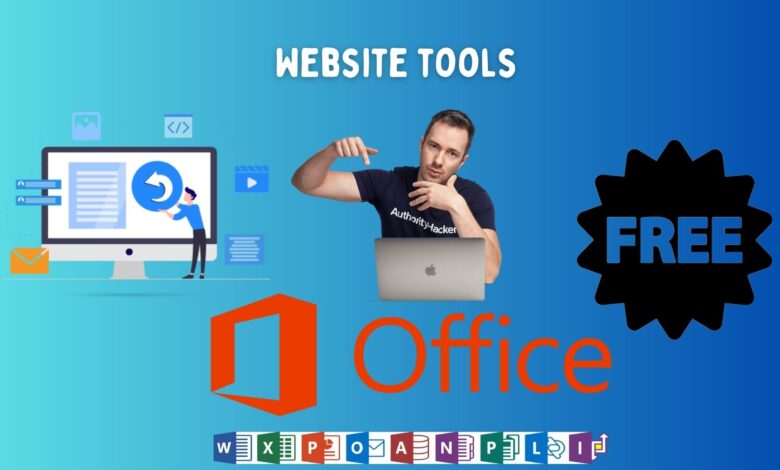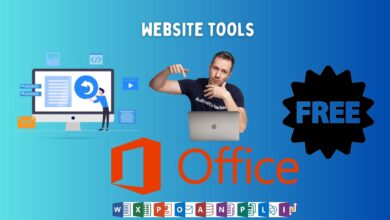Realizing the best of both worlds: The value of using open source and proprietary software

Dr. Joseph Castle is a consultant for strategic communications and open source technologies at SAS after more than 20 years in the US federal government. He spent time at the White House advocating for open data policy and later led the US federal government’s open source program, Code.gov. He has led multiple programs for the Office of the Chief Information Officer and Technology Transformation Services, including establishing and leading GSA’s digital services team at the US General Services Administration.
Whether it’s maintaining legacy systems or acquiring modern applications—the US government spends billions each year. In an effort to reduce software costs and increase transparency between agencies and the public, the White House issued M-16-21, or Federal Source Code Policy (FSCP), saying agencies should release more of their custom-developed code. software and established a pilot program requiring at least 20 percent of new custom code to be released as open source software (OSS). Not long ago, the Office of Management and Budget (OMB) launched the website Code.gov – an agency code repository and OSS that allows government and non-government employees to collaborate to ensure that the code is reliable and effective in furthering national goals. .
Almost seven years have passed since the release of the policy and website, and despite its benefits, the public sector has not fully realized the potential of OSS. FSCP and the website have been a missed opportunity for government leaders who failed to effectively use their community to help them with software development.
The need for long-term government support
As the former director of Code.gov, where I oversaw the agency’s implementation of the FSCP and helped engineer the website, I saw firsthand how the federal IT community recognized the value of open source but often failed to realize its full benefits.
Much of the traffic and traction Code.gov receives comes from science and space labs — researchers who understand and manage OSS. And when the government first boldly adopted FSCP, community support evaporated, and CIOs still needed more OSS deliverable, controllable, and/or technical expertise, so there wasn’t enough buy-in.
As organizations continue to move to multiple clouds, zero-trust environments, using only one type of software, OSS or proprietary, will limit potential growth—both are needed.
The best of both worlds: OSS and proprietary software
Both open source and proprietary software have their advantages and disadvantages. OSS is often free and more customizable, but can be challenging to use and often requires specialized support. Proprietary software is often easier to use and comes with additional support, but can be expensive and difficult to customize.
A combination of both types of software can provide a more complete solution that takes advantage of each type’s strengths. Using OSS as a foundation, agencies can develop custom solutions that meet their unique needs, leveraging proprietary software for mission-critical operations that require dedicated support and unique features – without compromising on functionality or usability.
By taking advantage of each type of software, government agencies can find cost-effective solutions, interoperability, security, customization and community support.
Develop creativity
As technology evolves, government agencies must pursue new solutions to provide effective services. By working with partners like SAS, you can combine the strengths of enterprise software that offers advanced analytics with powerful computing capabilities in collaboration with OSS.
Agencies can use OSS and SAS together to create an analytics platform that unlocks the value of their data to make informed decisions in real time:
- Import and integrate data from various sources with OSS while using OSS to analyze and model data for an overview.
- Customizing platforms to meet each agency’s unique needs with OSS and SAS software.
- Ability to deploy SAS on multiple cloud platforms, providing agencies with a highly scalable analytics platform for processing bulk data.
- Leverage the advanced analytics tools offered by enterprise software such as artificial intelligence and machine learning.
- Increasing transparency and security of data assets across the organization.
By leveraging the strengths of both types of software, agencies can create a platform that is highly customizable, advanced, and built on OSS technologies. This helps agencies overcome the challenges presented by a multi-cloud environment by reducing costs, improving security and interoperability, and supporting innovation to better serve their clients.
Learn more about how SAS is It can help your organization take a software hybrid approach to achieve the best of both worlds.
We offer you some site tools and assistance to get the best result in daily life by taking advantage of simple experiences
